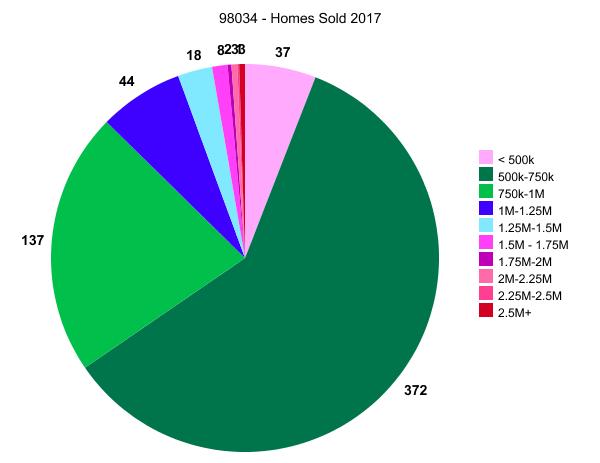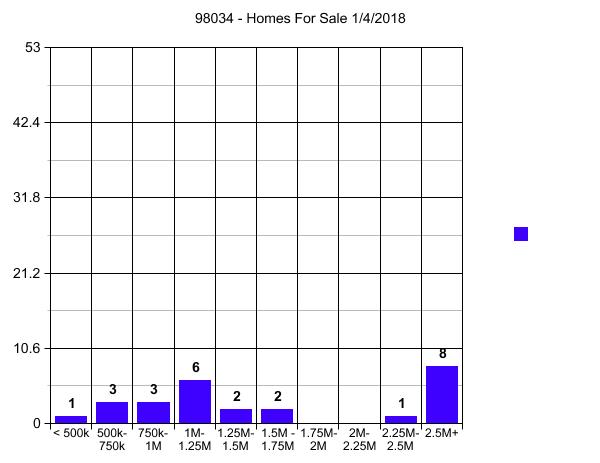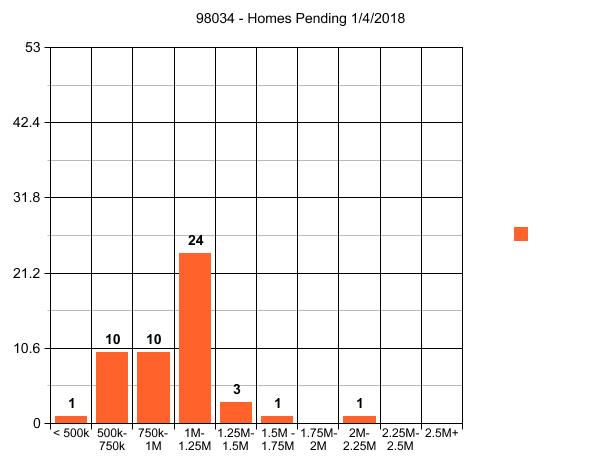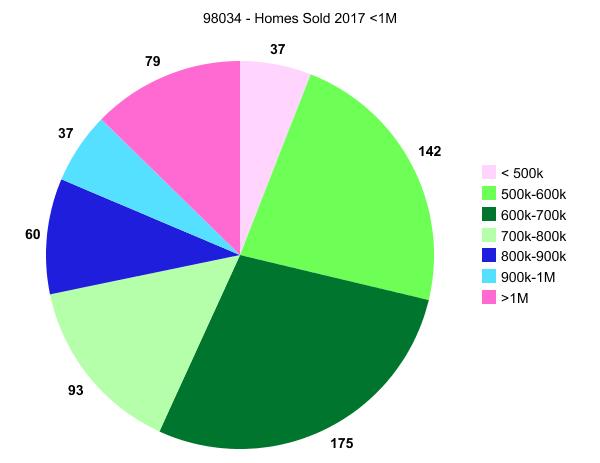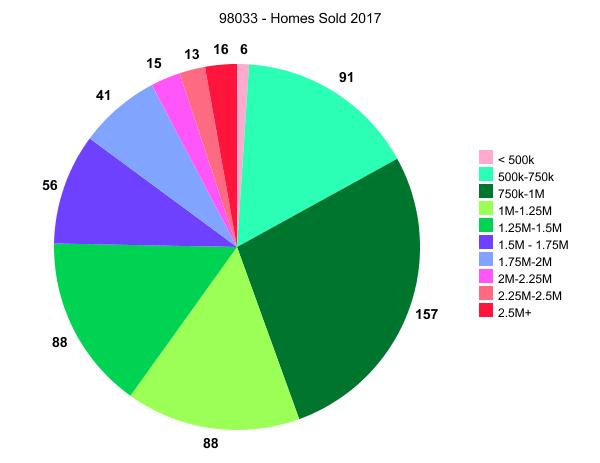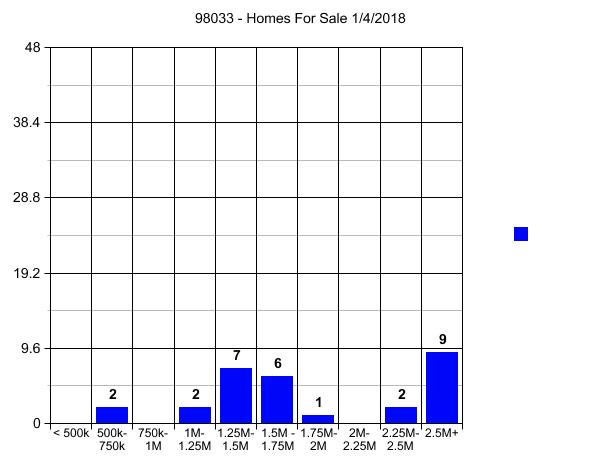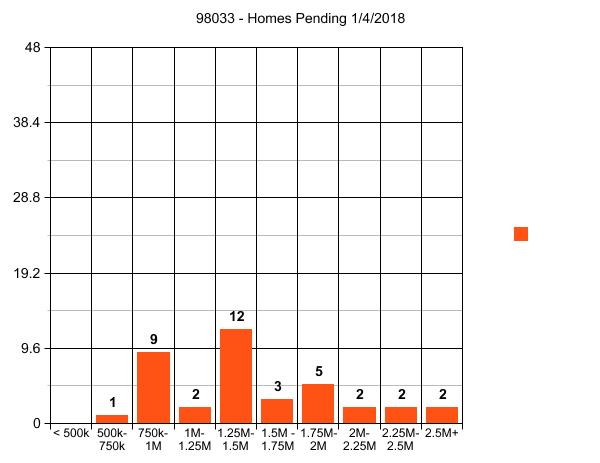Reviewed by Craig Blackmon
This book by Zillow’s CEO and Chief Economist, respectively, is a wonderful advertisement for Zillow. It’s also a good book. It’s easy to read – really easy, clearly written to appeal to the broadest spectrum of readers – and very informative. It does a good job of illustrating the power of data and how it can be harnessed to make the most informed investment decision possible when buying a house.
But the book aims higher. It concludes with some stirring language about the power of data (don’t worry, this doesn’t require a Spoiler Alert): “Numbers don’t lie. And they won’t lead you astray. Indeed, they’ll help you find your way home.” (The same expression dominates the Zillow home page.)
Ah, home. The term is associated with so many wonderful things: family, laughter, love, shelter, protection, and on and on. “Home” is not just a place. It’s a very special place, a destination that is both more common and more unique than any other.
Is this book going to help you find your way to your home? Probably not. In fact, I hope not. Home requires more than a well-researched financial decision. Much more. Besides, any prediction of the future is just that, a prediction, and in the meantime life marches on. A good life needs a good home, regardless of the financial future.
With its focus on the trees and not the forest, the reader is left with a sense that it is much ado about nothing. The book relentlessly promotes the web site, implicitly and explicitly, from start to finish. You’re left wondering: Is that it? Has Zillow really changed real estate? The web site provides useful insight, sure. But it hardly upends real estate, an industry that continues to operate on a 19th Century model. Does Zillow show us the final, evolved real estate industry of the modern, technological, information age? I mean, nobody uses a travel agent or a stock broker anymore….
The answer is revealed by a closer examination of Zillow and the people behind it. I believe Zillow is an ongoing project that will change dramatically as real estate evolves. And it will be instrumental in that evolution. But Zillow itself cannot lead the change. And in the meantime, it uses a business model that keeps it in business, biding its time until the eventual evolution.
This book is a “must read” for investors and real estate brokers, but not homeowners
In other words, folks who make a business out of real estate will benefit from reading this book. It does an excellent job of demonstrating how data – available via zillow.com, a constant underlying refrain throughout the book – can be used to calculate a property’s current and future value. So if the primary and essentially sole reason for purchasing a house is to make money (or if you sell houses yourself), this is a great book. It’s loaded with a lot of great insight.
For example, did you know that proximity to Starbucks is a good indicator of better appreciation? (Chapter 4) Or that you should list your home between March Madness and the Masters if you want the best chance at the best price? (Chapter 12) Fascinating stuff and worth considering when you are investing hundreds of thousands of dollars. A slightly better percentage return, thanks to in-depth analysis of the available data, can lead to quite a bit more money.
But if you’re looking to buy a home, don’t bother with this book. It’s myopic focus on dollar values simply doesn’t foster a good decision when looking for a home. Should you take into account financial considerations? Of course. But the primary focus should be on finding the right home for you and your family. So, while good schools may be an indicator of future value (Chapter 6), that shouldn’t be the focus. Rather, look for good schools so that your kids get a good education. This is a home. Not just an investment.
Zillow Is Setting the Stage for the Future of Real Estate
In its current iteration, Zillow doesn’t really do much in terms of bringing the real estate industry into the 21st Century. As the book makes clear, Zillow simply wants to attract as many visitors to its web site as possible. Why? Because Zillow makes money as a lead generator for today’s real estate brokers.
In other words, Zillow currently complements and feeds off of traditional real estate brokers. The more people who use the Zillow site, the more leads that Zillow generates, and thus the more money it makes. Zillow is built on web traffic, nothing more. And it doesn’t do anything to disrupt a long-standing traditional industry, because that industry is it’s target market. Even though that same industry is ripe for disruption.
Which is weird. Because the guy who co-founded Zillow previously co-founded Expedia. The web site that put travel agents out of business. Rich Barton is a widely recognized and highly regarded “disrupter.” His motto is “power to the people.” He believes that the internet can empower consumers in new ways that lead to better and more efficient ways of doing things. According to Mr. Barton, his companies Zillow and Expedia have “created new opportunities for new professionals to make new businesses for themselves.”
Except that Zillow hasn’t. Not yet, anyway. It’s merely expanded existing opportunities (lead generation) for a long-standing professional industry that allows it to sustain it’s dominant market position. Nothing new there.
But what if Zillow is a work in progress? What if, in only the highest level strategic planning documents, there is a plan for Zillow 2.0? That would start to make some sense.
What the Future of Real Estate is Going to Look Like
Today, there are two ways to sell your home: FSBO, or using the traditional cooperative real estate broker system. Home sellers can market their properties via many different channels other than the local MLS. Including, of course, Zillow, which shows both “Make Me Move” and true “for sale by owner” listings. So an owner is empowered by the internet and can forego using the real estate broker system, which includes payment of a commission to a cooperating agent.
But what if the home seller wants the professional insight and counsel of a real estate broker? From advice on preparing the home to market, to staging, to keeping the seller informed and educated, a real estate broker provides substantial value. And the broker is a trained marketing professional who will efficiently and effectively utilize the full array of marketing channels available in the 21st Century: yard sign, flyer, and open houses and tours, of course; but also web sites and social media.
Today, that real estate broker can exist, thanks to Zillow. With its brand recognition and size, it is used by a large number of home buyers. A “listing” on Zillow can lead buyers to the home, without paying for other agents to bring them. So a home seller can sell for a fraction of the cost, as they will no longer need to pay the 3% buyer agent commission.
In other words, Zillow has positioned itself to be one of the successors to the multiple listing services maintained by cooperating real estate brokerages all over the country. And by positioning itself there, it provides the platform necessary for meaningful change in real estate. But until that change happens, Zillow will sustain itself (and its shareholders) by working within the existing system.

